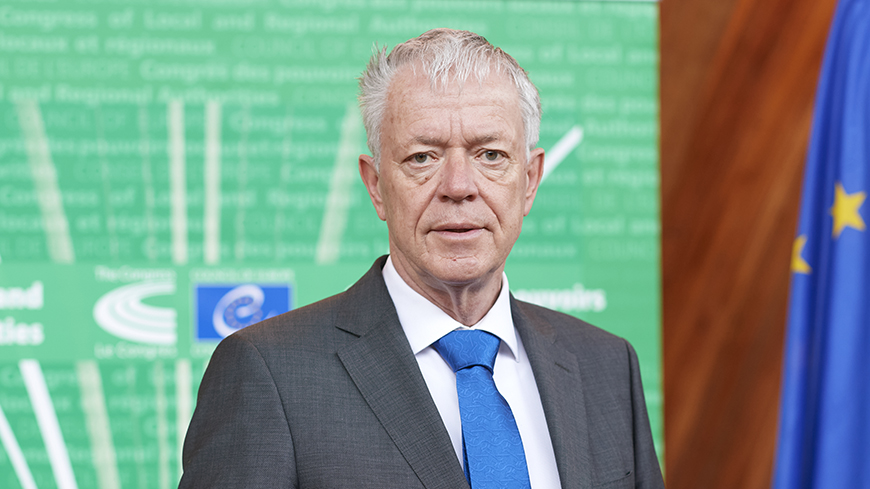60 years after the adoption of the European Social Charter, a multitude of challenges remain, especially regarding the local anchorage, underlined President of the Congress of Local and Regional Authorities Leendert Verbeek, ahead of the Charter’s anniversary on October 18, 2021.
When the Social Charter was adopted in 1961, it was “a milestone for European countries, and for international law in general”. New key rights – such as the right to health, to housing, and to education – recognised as fundamental rights at the European level. According to the President, “this recognition was a crucial step in making their progress possible across the European continent”.
However, he noted that the implementation of the Social Charter in member States remains unsatisfactory and uneven, despite social issues becoming even more relevant. Thus, Leendert Verbeek stated that the Social Charter “now needs to develop an effective local anchorage” and reminded us of the crucial and often under-estimated role of local and regional authorities in the defence of social rights. At their level, “communities have all the assets to be at the frontline of the defence of social rights”, which are “daily rights”. As a matter of fact, these authorities often oversee some of the most pressing social policies, as was the case during the health crisis. Moreover, their intimate proximity with citizens allows them to establish a continuous dialogue between inhabitants and to raise awareness on social rights issues.
“The Congress stands by the Council of Europe and the European Committee of Social Rights for the defence and promotion of these most valuable rights” concluded President Verbeek.
Statement by the President of the Congress on the Charter’s 60 Year Anniversary
Follow European Social Charter’s Celebration from 10.30 a.m. CETS on Monday 18 October - LIVE


